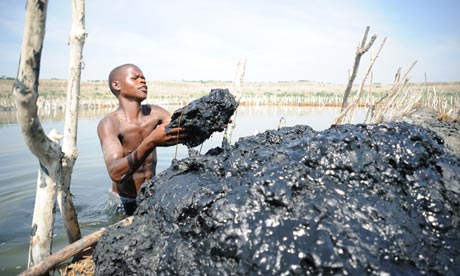 |
"Burned wreckage in the main square of the town Sidi Bouzid where Mohammad Bouazizi set himself on fire and sparked the Tunisian revolution." (Reuters) |
By Rania Abouzeid and Sidi Bouzid
Time.com, January 20, 2011
"He is now famous throughout Tunisia and the Arab world, a legend in fact. But Mohammad Bouazizi never set out to be a byword. His aunt Radia Bouazizi says his dream was to save enough money to be able to rent or buy a pick-up truck. 'Not to cruise around in,' she says, 'but for his work.' Her nephew was a vegetable seller. 'He would come home tired after pushing the cart around all day. All he wanted was a pick-up.' Instead, he started a revolution. Mohammad Bouazizi was like the hundreds of desperate, downtrodden young men in hardscrabble Sidi Bouzid. Many of them have university degrees but spend their days loitering in the cafes lining the dusty streets of this impoverished town, 300 kilometers south of the capital Tunis. Bouazizi, 26, didn't have a college degree, having only reached what his mother says was the 'baccalaureate' level, which is roughly equivalent to high school. He was, however, was luckier than most in that he at least earned an income from selling vegetables, work that he'd had for seven years. But on December 17 his livelihood was threatened when a policewoman confiscated his unlicensed vegetable cart and its goods. It wasn't the first time it had happened, but it would be the last. Not satisfied with accepting the 10 Tunisian dinar fine that he tried to pay ($7, the equivalent of a good day's earnings), the policewoman allegedly slapped the scrawny young man, spat in his face and insulted his dead father. Humiliated and dejected, Bouazizi, the breadwinner for his family of eight, went to the provincial headquarters, hoping to complain to local municipality officials, but they refused to see him. At 11:30 a.m., less than an hour after the confrontation with the policewoman and without telling his family, Bouazizi returned to the elegant double-storey white building with arched azure shutters, poured fuel over himself and set himself on fire.



